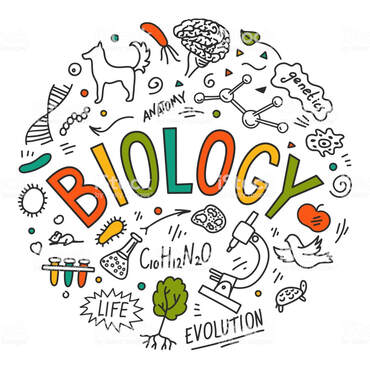
Health and Medicine: Biology is essential for understanding
human health and the functioning of the human body. It explores topics such as
anatomy, physiology, genetics, and diseases. By studying biology, students can
acquire knowledge about how the body works, how diseases arise, and how they
can be prevented or treated. This understanding is crucial for pursuing careers
in healthcare and medicine.
Environmental Awareness: Biology educates students about the
intricate relationships between living organisms and their environment. It
explores concepts such as ecology, biodiversity, and conservation. By studying
biology, students become aware of environmental challenges, such as habitat
destruction, pollution, and climate change. They learn how human activities
impact ecosystems and develop a sense of responsibility for the environment.
Evolution and Genetics: Biology introduces the concept of
evolution and the role of genetics in shaping life. Students learn about the
mechanisms of heredity, variation, and adaptation. This knowledge helps them
understand the concept of species diversity, the origin of life, and the
processes that lead to the formation of new species over time.
Scientific Inquiry and Methodology: Biology teaches students
about the scientific method and the process of inquiry. It emphasizes the
collection and analysis of data, experimental design, and drawing conclusions based
on evidence. Studying biology develops critical thinking skills,
problem-solving abilities, and an appreciation for evidence-based reasoning.
Biotechnology and Research: Biology plays a crucial role in
the advancement of biotechnology, genetic engineering, and medical research.
Understanding biology enables students to explore cutting-edge technologies,
such as gene editing, stem cell research, and synthetic biology. It also
provides a foundation for pursuing careers in scientific research and contributing
to advancements in various fields.
Personal Development: Studying biology enhances critical
thinking, analytical skills, and scientific literacy. It fosters an
appreciation for the complexity and beauty of life and helps students develop a
sense of wonder and curiosity about the natural world. Biology education also
promotes ethical considerations and responsible decision-making in areas such
as bioethics and biotechnology.
Overall, biology education provides students with a
comprehensive understanding of life, health, and the environment. It has
practical applications in healthcare, environmental conservation, and
biotechnology. Studying biology promotes scientific inquiry, develops critical
thinking skills, and contributes to personal development and an appreciation
for the natural world.

